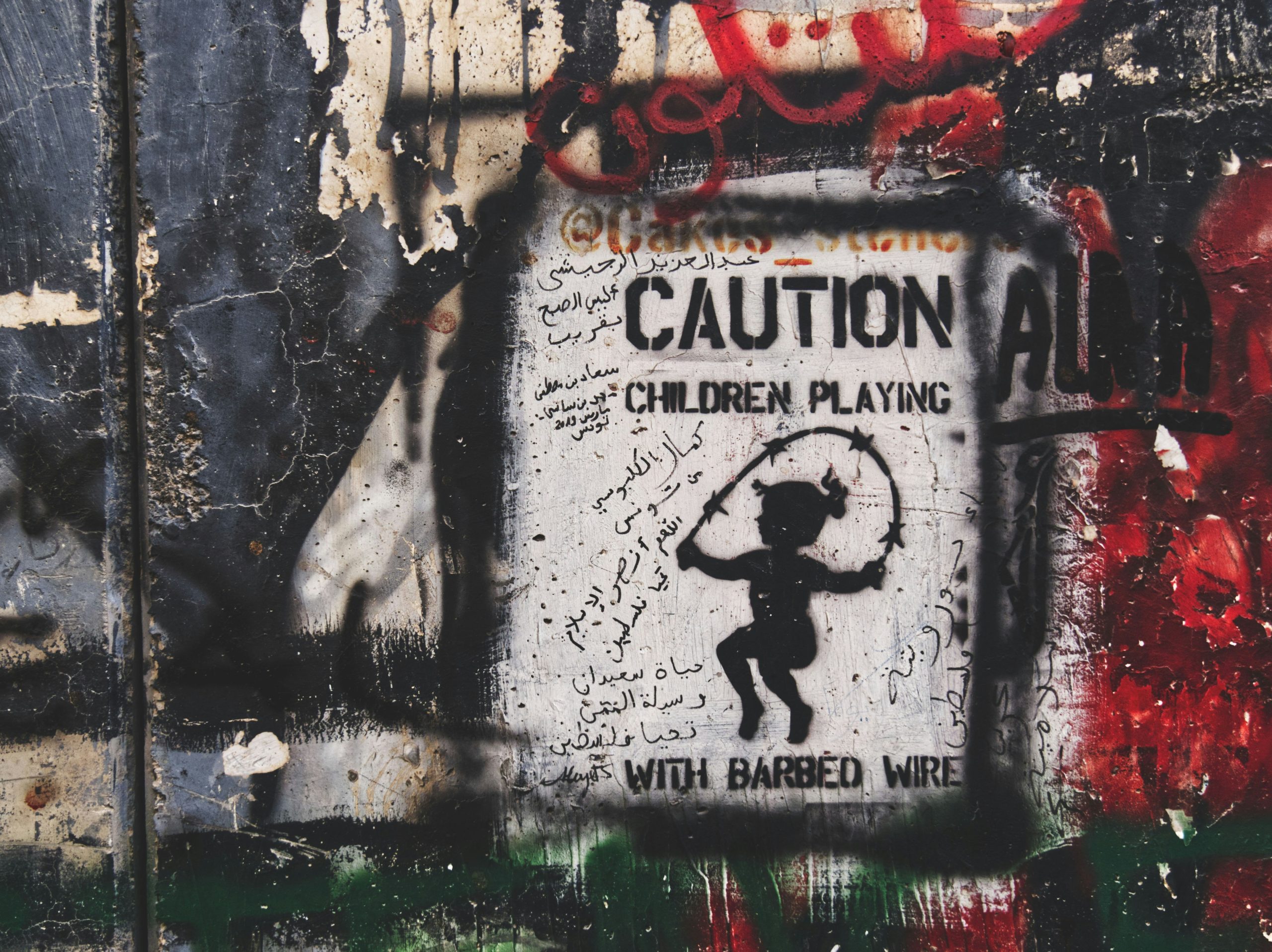Reading Lists
14 Writers Imprisoned for Their Work
Honoring the prisoners of conscience who push back against censorship and fight for literary freedom
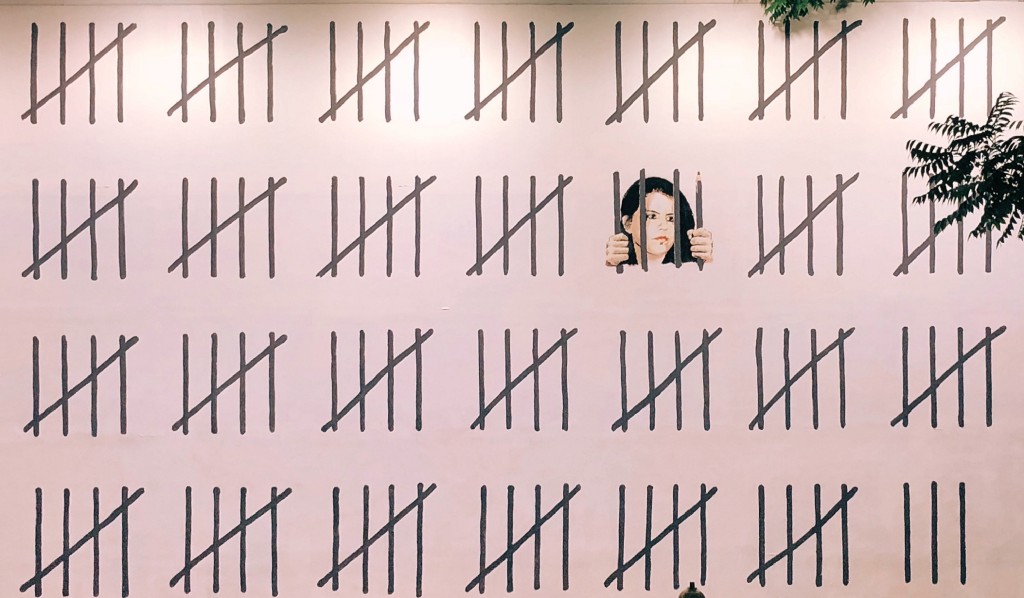
Writing is dangerous. Novels, social media, poetry, lyrics, journalism, and blogs are dangerous—because when one person speaks, others might just listen.
In honor of censorship’s dedicated efforts to keep innocent minds pure, Banned Books Week closes out September by spreading awareness of literature that no one under any circumstances should ever read. Don’t look up the 10 most challenged books of 2017, their accolades, or their reviews on the top of best sellers list. Don’t discuss their philosophical or sociological implications in your book groups. Don’t read and broaden your awareness of the world. Just remember ignorance is strength and paper burns at 451 degrees.
Joking aside, Banned Books Week is meant to reinforce the importance of literary freedom—not just reading, but also communicating one person’s experience to countless others. Writers around the world are under fire because their work is deemed too radical or too lewd. Luckily organizations exist to stand up for these oppressed writers. PEN International’s mission is to promote writing around the world in a cross-cultural exchange of community and understanding. Founded in 1922, PEN now has over 100 centers and funds to support grants, awards, and literary festivals on a global scale. One of PEN America’s advocacy programs, Artists at Risk Connection, campaigns to support artistic freedom and provides access to resources for individuals at risk, some of whom are in prison, others under house arrest or awaiting trial.
Ithaca City of Asylum is another of these amazing institutions that fights for writers’ rights. As a member city of the International Cities of Refuge Network (the only other one in the U.S. being Pittsburgh), Ithaca welcomes dozens of writers from around the world who are in exile from their home countries. Whether they have been banned, jailed, or discriminated against, Ithaca City of Asylum opens its doors for two-year residency programs where refugee writers are paid, protected, and free to write to their heart’s content. This isn’t a retreat but a period of regrouping in preparation for a literary recovery.
Listening to the stories of writers under attack is the first step to pushing back against censorship. To help get everyone started, here’s a quick debriefing on just a few of the fearless writers, journalists, cartoonists, advocates, and scholars who picked up their pens in a fight against silence and were imprisoned for their work.
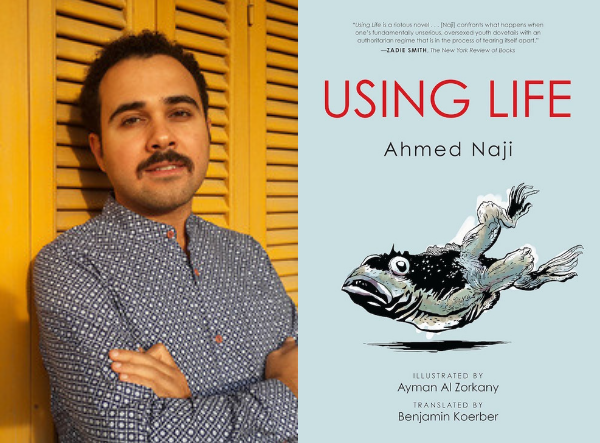
Ahmed Naji, Egypt
Ahmed Naji’s case was unique because the Egyptian censorship board approved his novel Using Life when first published. Its unfiltered portrayal of sex, drugs, and loose living raised some eyebrows, but overall the work was masterful in its invocation of Egyptian pop culture and anti-authoritarian sentiment set on the dawn on the 2011 Egyptian revolution. International praise was not enough to protect him from the tightening political restrictions of 2014. An Egyptian citizen filed a complaint accusing the author of violating public morals because reading the racy contents of the book allegedly gave him heart palpitations and lowered his blood pressure. In 2015, Naji was sentenced to two years of prison and released after ten months but he was subject to a travel ban pending a retrial. During the retrial, the criminal court overturned his previous conviction and sentenced him to pay a fine instead. Finally free, Naji now lives in exile in the United States with his wife.
Imprisoned in Egypt for His Writing, Ahmed Naji is Finally Free
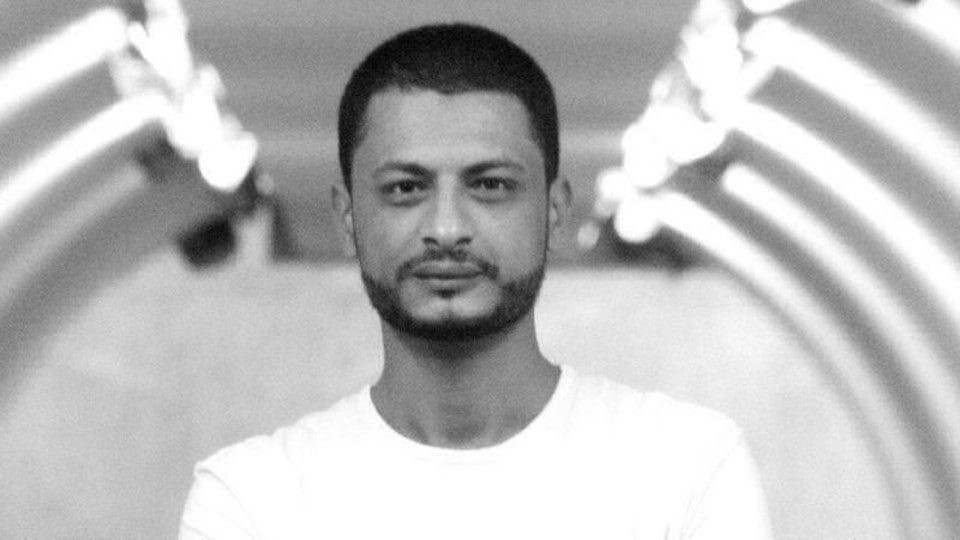
Galal El-Behairy, Egypt
A poet and songwriter, Galal El-Behairy earned a reputation for himself as a voice for nonviolent activism in Egypt. His first two books, Chairs Factory and Colorful Prison met with public approval, but his attempt to publish a collection of poetry failed despite having obtained permission from the censorship board. The Finest Women on Earth, simultaneously an homage to the strength and perseverance of Egyptian women and a political critique, was terminated by the publisher likely due to “Balaha,” a song he wrote for an exiled revolutionary singer, Ramy Essam. “Balaha” was performed a month before the Egyptian presidential elections and the song, much like his poetry, vocally opposed the rampant corruption pervasive in his country. Days after the release of the song, El-Behairy was arrested and tortured. He remains in prison while awaiting trial. PEN centers recently published a poem El-Behairy penned in prison,“A Letter from Tora Prison,” in hopes of drawing attention to his case.
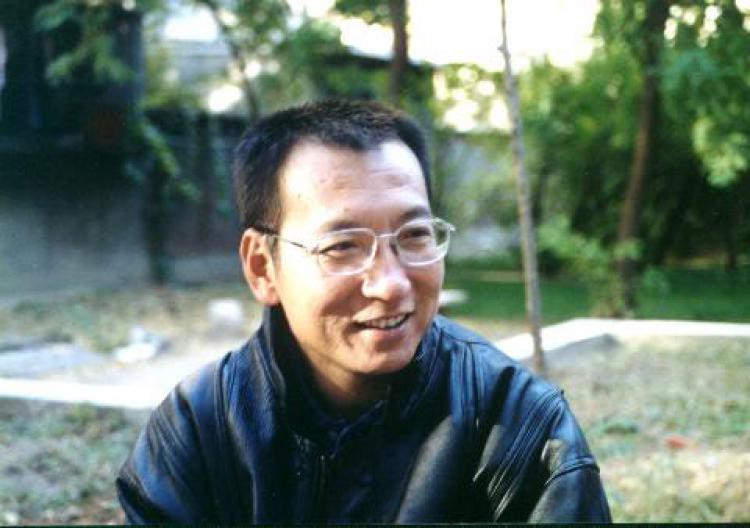
Liu Xiaobo, China
Liu was a literary critic, human rights activist, writer and “black hand”, a label by the Communist Party for the organizers of the 1989 Tiananmen Square protests. In 2008 he helped pen Charter 08, a citizen’s manifesto of nineteen demands for the Chinese government, including the freedom of association, assembly, and expression. His long history of protest granted Liu numerous awards from the international community including a Nobel Peace Laureate, but also costed him multiple stays in prison. Liu’s arrest in 2009 would be his last. Harsh prison conditions and late-stage liver cancer claimed his life eight years into his eleven year sentence.
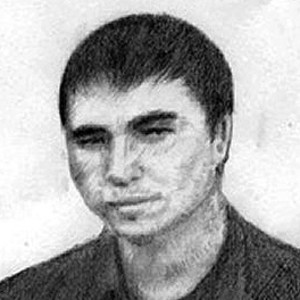
Nurmuhemmet Yasin, China
Nurmuhemmet Yasin is a Uighur writer and poet in the Xinjiang Uyghur Autonomous Region, China. He was arrested by the Chinese authorities on charges of inciting separatism because of his short story “Wild Pigeon.” The story was about the encaged son of a pigeon king who was caught by humans during his journey to find his people a new home. Instead of remaining enslaved, he chooses to end his life by consuming a poisoned strawberry. In 2005, Yasin was sentenced to 10 years in prison after a closed trial where he was denied a lawyer. The editor who published “Wild Pigeon,” Korash Huseyin was sentenced to three years in prison. There are reports that he has passed away in Shaya Prison following a severe illness in 2011.
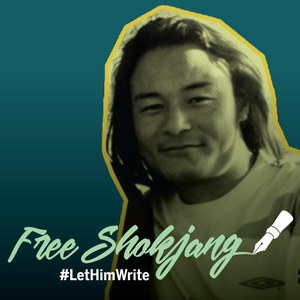
Shokjang, China/Tibet
Shokjang is a Tibetan poet and writer who was imprisoned for three years for “inciting separatism.” Among his various trumped up charges, he was found guilty of penning an essay on freedom of religion and reading books banned by the Chinese government. In march of 2018, he was released but remains under strict surveillance.

Faraj Ahmad Birqdar, Syria
Thirteen years do not pass quickly in prison. Poet Faraj Ahmad Birqdar had been detained briefly twice before his final arrest, both times in conjunction with his work in the literary journal he and his friends had created. His third arrest in 1987 saw him imprisoned for three years. For seven years he was in detention awaited trial, tortured and denied medical care. In 1993, he was finally put on trial and sentenced to fifteen years under charges of joining an unauthorized political party. Birqdar wrote his most famous poetry collection, A Dove with Wings Outspread in prison. Writing sustained him through his years locked up, but freedom did eventually come. He was released in 2000 and vowed to write about life after spending so much time dwelling on death. Birqdar now lives in Sweden.
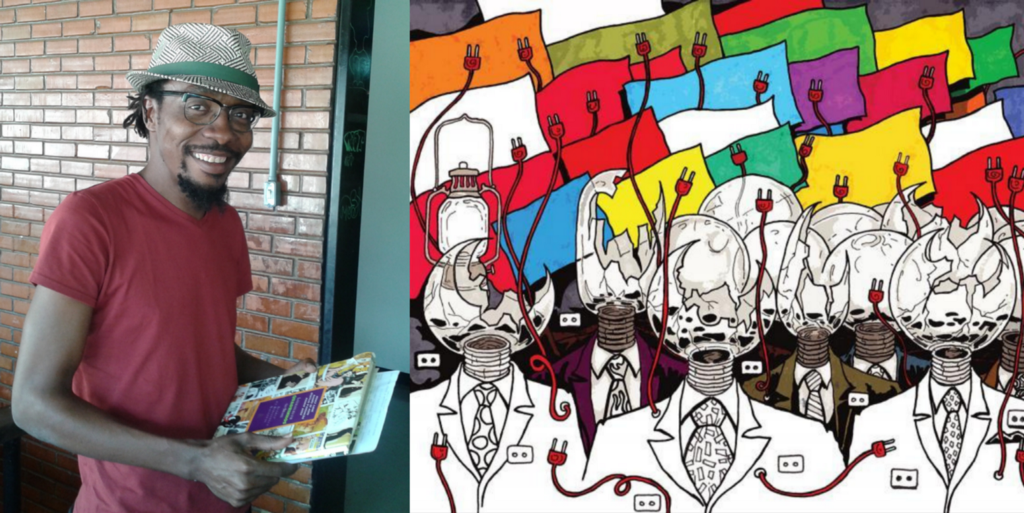
Ramón Esono Ebalé, Equatorial Guinea
Ramón Esono Ebalé, pen name Jamón y Queso, worked as a blogger and political cartoonist critiquing high ranking members of the Equatorial Guinea government and President Teodoro Obiang Nguema Mbasogo with sharp witted caricatures. Said high ranking people were not amused. In September 2017, Esono Ebalé and several of his friends were arrested and questioned about his work. Shortly after, a police officer accused him of money laundering and counterfeiting. For nearly six months he was detained in Black Beach prison. The authorities released Esono Ebalé in March 2018 after the police officer admitted to falsifying his accusation based on direction from his higher-ups.
How Do You Advocate for LGBTQ Rights When Your Culture Has No Word for Gay?

Tal Al-Mallouhi, Syria
In 2009, Tal Al-Mallouhi was a 19-year-old Syrian student whose blog focused primarily on poetry and social commentary. In December, a branch of State Security summoned her with unsupported suspicions about her blog leaking information to a foreign state. That was the last any of her friends or family heard from Al-Mallouhi. For nine months she was detained with unspecified charges. The lack of evidence or charges against her did not stop the court from handing down a guilty verdict. In 2011 the State Security court sentenced Al-Mallouhi to five years in prison. A State Security report in October 2013 claimed that she was released, but alternative sources say she was only transferred to a different facility. Her current condition is unknown.
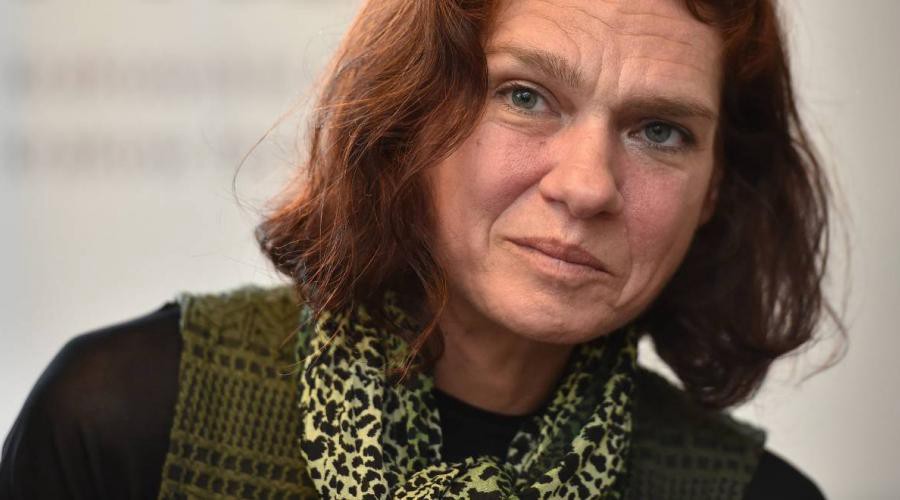
Asli Erdoğan, Turkey
Asli Erdoğan is one of the many journalists arrested for their contributions to Özgür Gündem, a pro-Kurdish political newspaper. The Turkish courts accused the newspaper of publishing “propaganda for the PKK [the Kurdistan Workers Party].” She was granted a conditional release shortly after her arrest and no longer subject to a travel ban, but Erdoğan and her fellow journalists associated with Özgür Gündem still face charges of terrorism which can result in a lifetime imprisonement in accordance with the tightened restrictions of the government.

Irakli Kakabadze, Republic of Georgia
A trilingual writer of political satire, Irakli Kakabadze received death threats after writing a newspaper editorial demanding an apology for persecution of Western Georgians following the 1992–94 conflict. A determined advocate for peace, Kakabadze faced both assaults and multiple arrests by Soviet and Georgian police in relation to his work as a human rights activist. Even now the possibility of further legal trouble has not stopped him from writing short stories, essays, and articles.
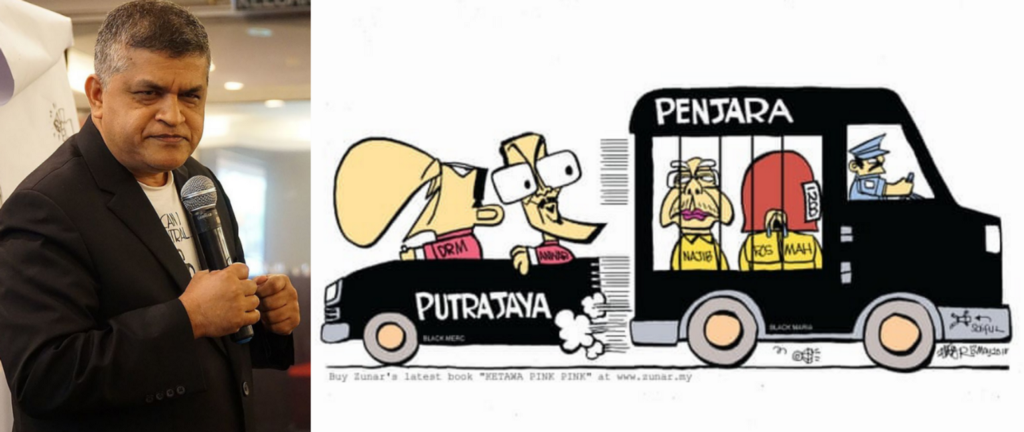
Zunar, Malaysia
Zulkiflee Anwar, known as Zunar, was arrested in 2015 under the colonial era Sedition Act for a series of tweets featuring cartoons he drew that criticized the government. He faced nine charges of sedition and a potential sentence of 43 years in prison. His cartoons satirized corruption and injustice in Malaysian politics that the state-controlled media did not cover. Since 2004, the Malaysian government have arrested Zunar numerous times, conducted multiple raids on his publisher and printers, banned nine of his books and threatened to arrest anyone who bought his works. After the 2018 election ushered in a new government and the arrest of the former Prime Minister and his wife on corruption charges, Zunar has been cleared of all charges.
Writing Behind My Country’s Back
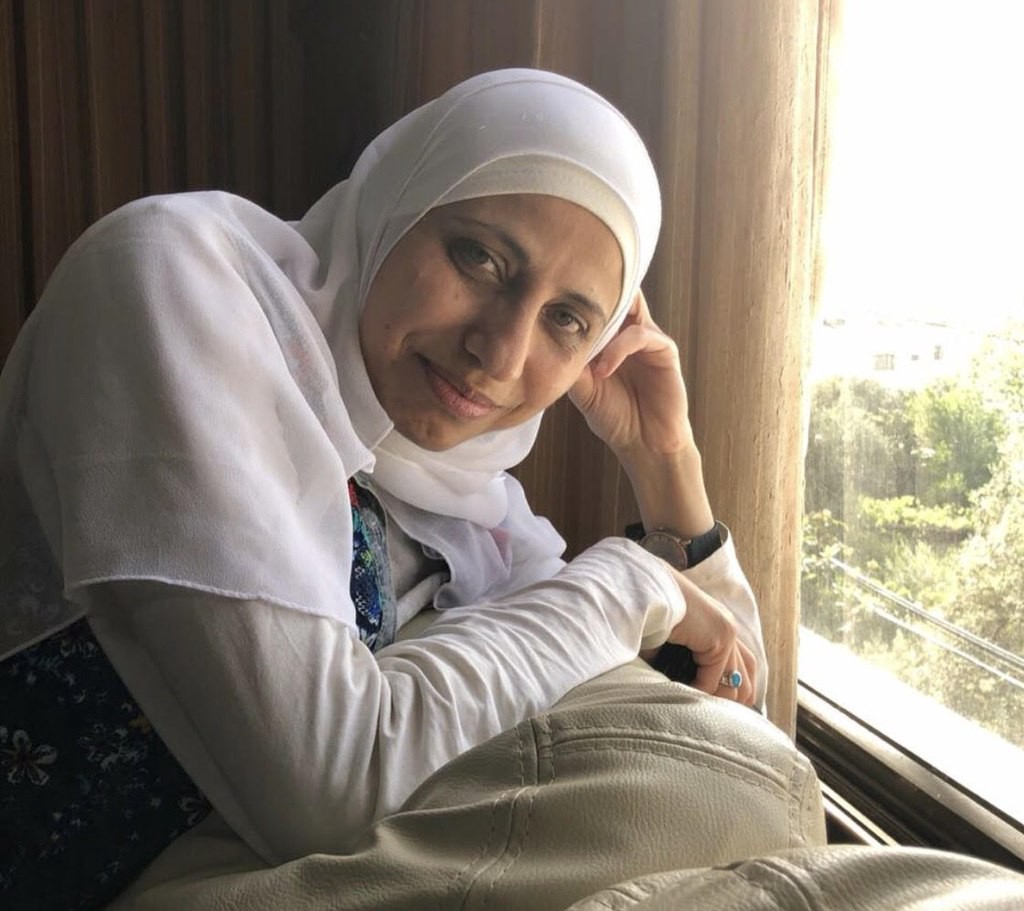
Dareen Tatour, Israel/Palestine
In 2015 and 2016, the Israeli government cracked down on Palestinians and Israeli Arabs, making about 400 arrests on the charge of incitement through social media. Dareen Tatour, a Palestinian poet in northern Israel, was one of them. She was arrested on terrorism charges after posting her poetry on Facebook and YouTube urging resistance. After her arrest, over 300 literary figures including Alice Walker, Naomi Klein and Jacqueline Woodson signed a petition calling for the release of Tatour, saying that poetry is not a crime. In July 2018, Tatour was sentenced to five months in jail. She told Haaretz newspaper that “I didn’t expect justice. The prosecution was political to begin with because I’m Palestinian, because it’s about free speech and I’m imprisoned because I’m Palestinian.”
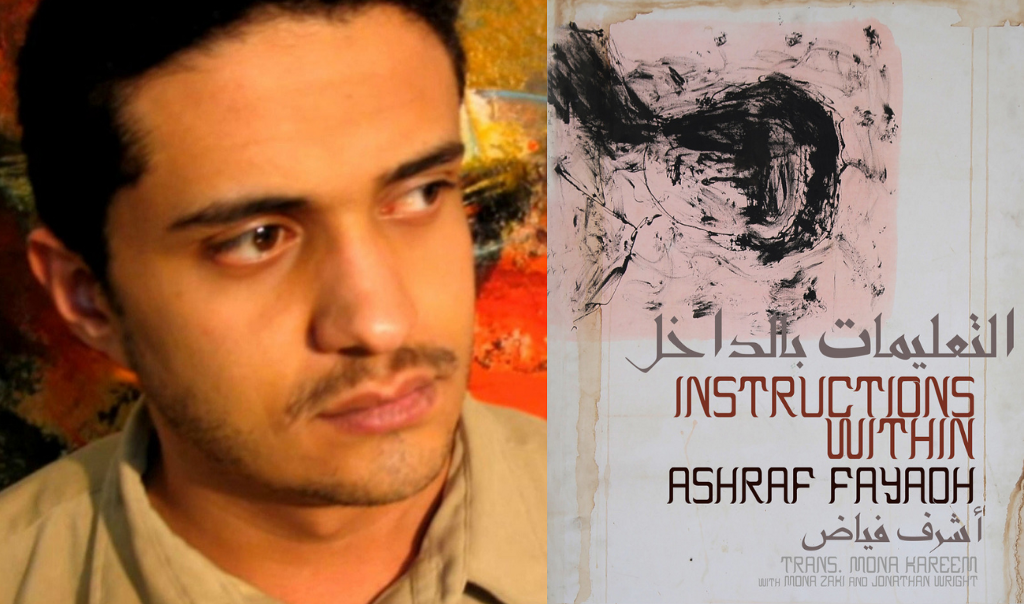
Ashraf Fayadh, Saudi Arabia
Ashraf Fayadh was arrested in Saudi Arabia in 2013 following an altercation with a man who reported him to the religious authorities and accused Fayadh’s poetry collection Instructions Within of promoting atheism, insulting the Prophet, and casting doubt on the Quran. There were concerns that Fayadh was unfairly prosecuted because he is a stateless Palestinian refugee without Saudi Arabian identification documents. In November of 2015, the court sentenced him to death by beheading on the charge of apostasy, but a last minute appeal mitigated the death sentence to a harsh eight years in prison and 800 lashes.
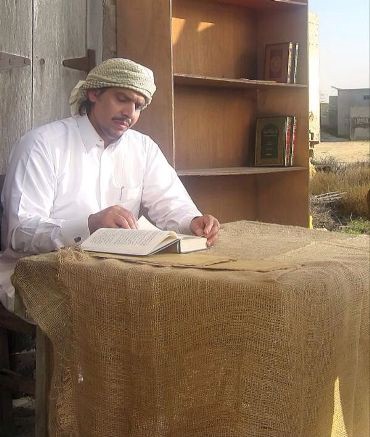
Mohammed Al-Ajami, Qatar
In 2011 the Qatari state security accused two of Mohammed Al-Ajami’s poems of “inciting the overthrow of the ruling regime” and “criticizing the Emir.” He was sentenced to life imprisonment during a secret trial. After almost 5 years in prison, al-Ajami was granted a royal pardon and was released from prison.






